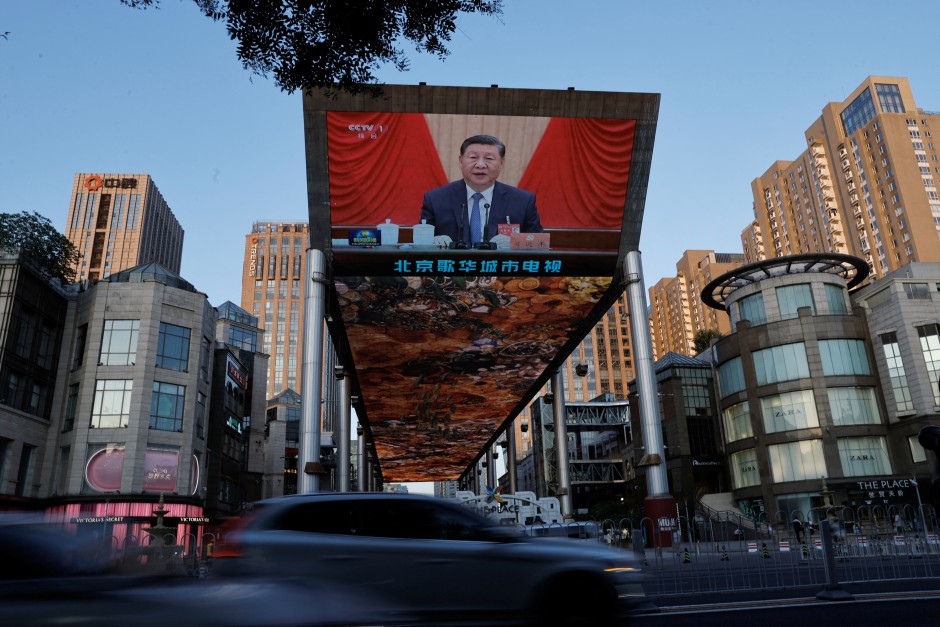
According to official figures, China's economy is still growing by around 5 percentage points, but the mood in the country is far more negative. Many international business representatives doubt the official figures. Youth unemployment is high. Incomes are falling in many sectors.
Observers' hopes are now focused on the concrete reforms, which are expected to be announced in the coming days. At a press conference on Friday, party cadres said there would be a total of 300 reforms. Possible measures include social security systems, the ailing financial situation of local governments or the financial markets. A fundamental change in policy on the real estate market, which has resulted in a prolonged crisis, is just as unlikely as a departure from export policy. The economic policy focus is likely to continue to be on expanding the energy transition industries, from electric cars to solar panels and batteries. There are intensified trade conflicts in these sectors.
Investors interpreted the announcement, which the state news agency Xinhua issued after the plenary session, as another missed opportunity for a reversal of economic policy. An index of Chinese companies listed in Hong Kong fell by more than 2 percent. The stock exchanges on the Chinese mainland were apparently supported by state financial institutions. Prices moved sideways. Analysts unanimously said that there were no signs of a change in Beijing's priorities. Many economists and analysts have recently been put under pressure by Beijing not to comment negatively on the economic situation. Others have been banned from expressing their opinions in the media altogether.
Discussions on social media were even more strictly controlled than is usual for economic debates. Party media accounts closed the comment sections under their articles or only allowed positive comments. There were some critical comments under posts by Hu Xijin, arguably the country's most important political commentator and former editor-in-chief of the party newspaper Global Times, accusing him of “kissing up the party's backside”. Otherwise, public interest in the Third Plenum seemed to be limited.
According to the state news agency Xinhua, 364 members of the Communist Party Central Committee met in Beijing from Monday to Thursday for the event, which takes place approximately every five years. It was the Third Plenum of the twentieth Central Committee. Its significance dates back to 1978, when the Third Plenum of the eleventh Central Committee laid the foundations for the reform and opening-up policy. The Central Committee meets at least once a year for a plenum and has different priorities. The Third Plenum usually deals with economic policy.






